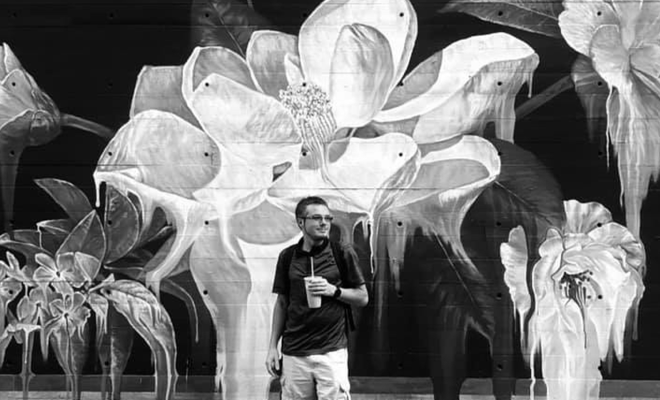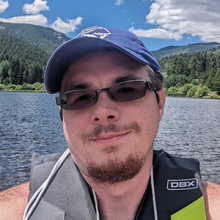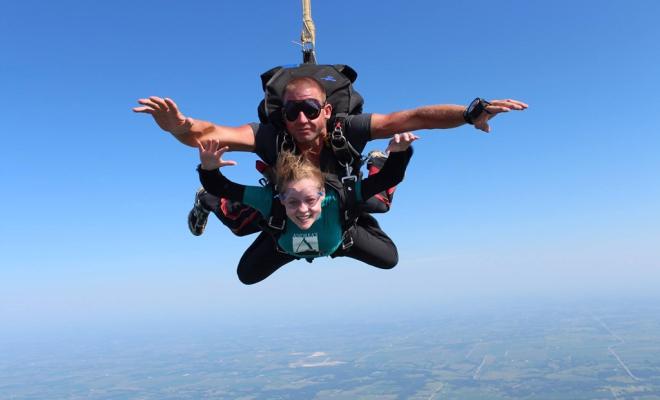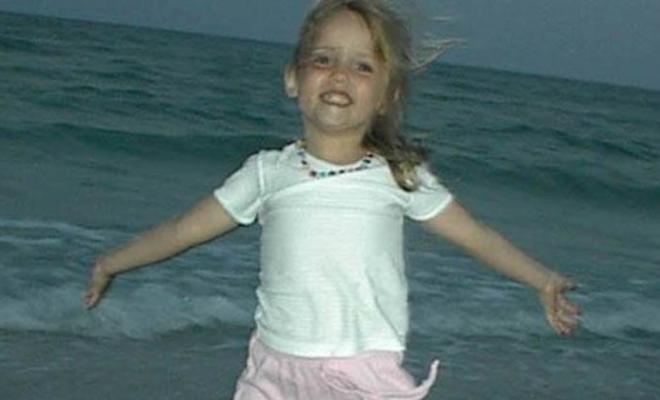By some estimates, around 10% of people with cystic fibrosis cannot take CFTR modulators for various reasons — including those who can’t tolerate the side effects or don’t have the right mutations, among other factors.
I fall into the latter group. I have two rare mutations that cause a coding error in my DNA. Because of this error, I can’t produce CFTR protein, so modulators will not work for me. Don’t get me wrong — I am very happy for people who are able to take modulators. However, at times, it can seem like those of us who can’t take them have been forgotten.
But hope can still be found. The Cystic Fibrosis Foundation has been investing in research into potential therapies for people with CF who do not benefit from modulators.
Participating in clinical trials for some of these therapies has given me hope. I feel like I’m not giving up.
Within the last three years, I have participated in two major clinical research trials at National Jewish Health in Denver. The first trial required daily injections and lasted almost a year. Results are still pending as the study was discontinued. I started a Phase 1 trial last fall, and I’m still participating. This Phase 1 trial required me to take the study drug once to see if I would tolerate it. It involved a three-day hospital stay right after dosing and then monthly check-ups. Phase 1 is single dosing and I found out that I was the 5th person in the world to take the study drug! Phase 1 just ended this month, and the study will be moving on to Phase 2.
Although it's been quite a journey, the process has been worth it. These clinical trials would not have been possible for me if it weren’t for two factors. The first one is, of course, going through the screening process. Screening is done to see if you qualify for a clinical research study. In this case, screening involved checking my CF variants. If one does not pass screening, one does not proceed with the clinical research trial. In addition, you have to be in a certain range of lung function and state of health to qualify. Sometimes, this could discourage someone from participating but it’s always best to sign up and go through screening. It is also important to state that if you get involved in a research study and find out it isn’t for you, you can always withdraw. The second factor relates to the CF research team at National Jewish Health. I have known and worked with the research team for about 14 years. Dr. Jennifer Taylor-Cousar is the primary research doctor at National Jewish, and she has always been great to work with. Overall, the research team is knowledgeable when it comes to clinical research, and this has helped me tremendously when deciding on participating in a study. Working together with the team provided me with even more hope, and — in a sense — the team has become like family.
Because I have such a rare mutation, researchers are always “requesting” me to participate in trials. I cannot simply get away! If you are eligible to enroll in a clinical trial, I would suggest that you do it. The Foundation has excellent resources available to find clinical research trials in a specific area. The science of each clinical research study makes sense. I find waiting to see if you qualify and eventually, the study results, is worth it, and you’re making such a crucial impact on the future.
In addition to participating in clinical research trials, I have become more involved with the Foundation. Recently, I led several small-group discussions during BreatheCon on “Life Without CF Modulators.” These discussions involved many other people with CF who do not qualify for a CFTR modulator for various reasons. Connecting with others has given me more hope and motivation.
For people with CF who can’t take modulators, I would say get out there, get involved, and do not hesitate to ask questions. There are always opportunities to participate, from small-group discussions to focus groups. Make a lasting contribution to the future.
Interested in sharing your story? The CF Community Blog wants to hear from you.





